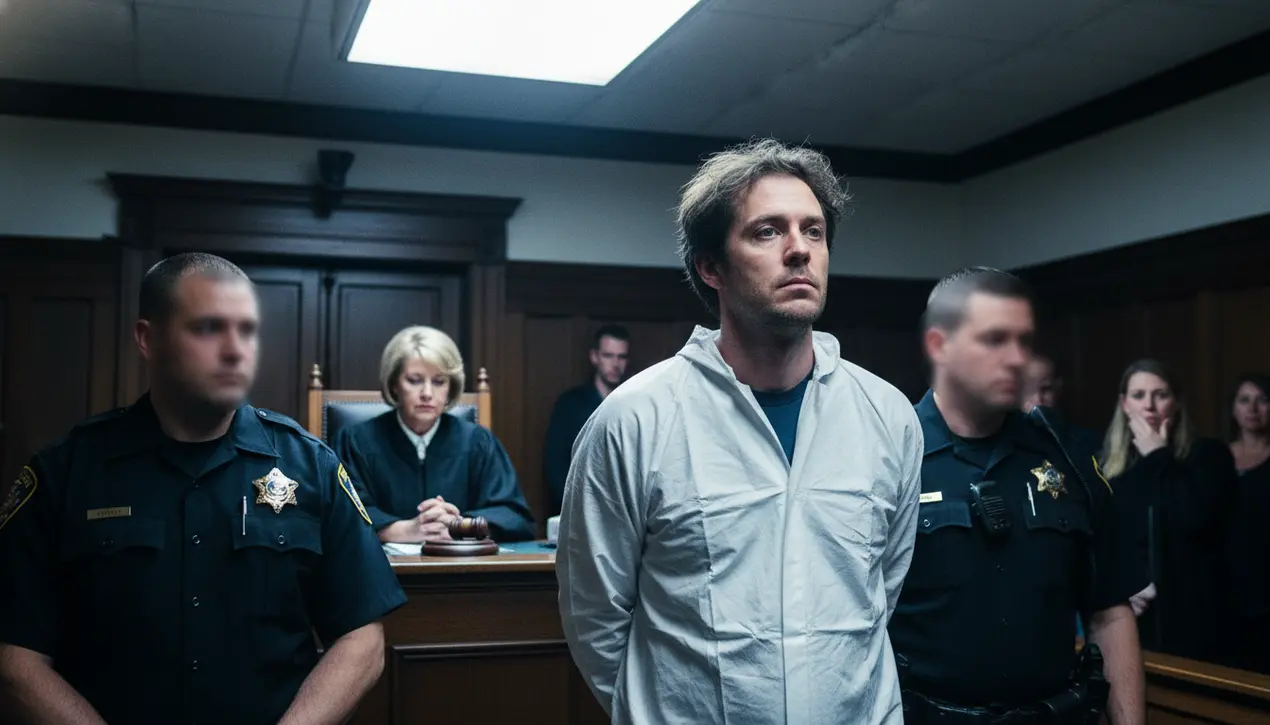
EntertainmentcelebritiesLegal Issues
Judge Rules Suspect Incompetent in American Idol Exec Murder Case.
OL
Oliver Scott
2 hours ago7 min read1 comments
In a ruling that underscores the profound complexities at the intersection of criminal justice and mental health, a judge has declared Raymond Boodarian incompetent to stand trial for the murder of an American Idol executive, ordering his involuntary transfer to a state hospital for treatment with psychotropic drugs. This decision, handed down Thursday, immediately shifts the legal proceeding from a question of guilt or innocence to one of cognitive capacity, a pivot that carries significant implications for all parties involved.The case, which sent shockwaves through the entertainment industry, now enters a precarious limbo, a scenario familiar to court watchers where the wheels of justice grind to a halt not for lack of evidence, but for a defendant's inability to comprehend the charges against them or assist in their own defense. This legal threshold for competency, established by the Supreme Court decades ago, is a foundational pillar of the American judicial system, designed to prevent the unconstitutional prosecution of those who cannot meaningfully participate.The judge's order for involuntary medication is itself a weighty authorization, typically reserved for situations where the state has a compelling interest in restoring a defendant to competency, especially in severe felony cases, and only after finding that the treatment is medically appropriate and the least intrusive option. From a risk-analysis perspective, this development opens up several distinct scenarios: the treatment could prove successful, allowing the trial to proceed months or even years from now, though witnesses' memories may fade and the prosecutorial momentum could stall.Alternatively, Boodarian may never be restored to competency, leading to his indefinite commitment in a mental health facility—a outcome that, while not a criminal conviction, represents a profound and potentially lifelong deprivation of liberty. For the victim's family and colleagues, this legal detour likely compounds their trauma, delaying any sense of judicial closure and forcing them to grapple with a process that prioritizes the defendant's mental state over the narrative of the crime itself.This case is not an anomaly; high-profile incompetency rulings periodically surface, each one reigniting debates about the adequacy of state mental health systems and the ethical dilemmas of forced treatment. The state hospital now becomes the critical arena, where psychiatrists bear the responsibility of navigating the fine line between therapeutic necessity and individual autonomy. The ultimate resolution hinges on a future, uncertain assessment, leaving the case in a suspended state that serves as a stark reminder of the often-unpredictable interplay between law, medicine, and human psychology.
#featured
#American Idol
#murder case
#mental incompetency
#court ruling
#involuntary treatment
#crime news
Stay Informed. Act Smarter.
Get weekly highlights, major headlines, and expert insights — then put your knowledge to work in our live prediction markets.
Related News
Comments
Loading comments...
© 2025 Outpoll Service LTD. All rights reserved.